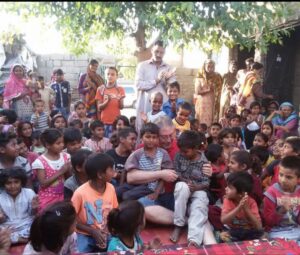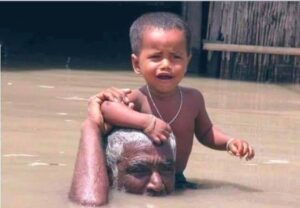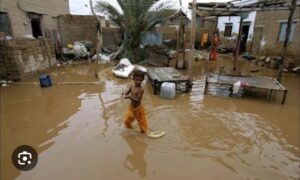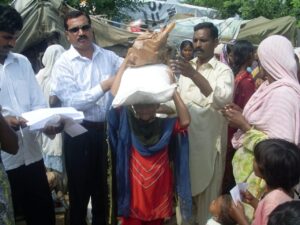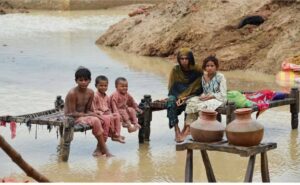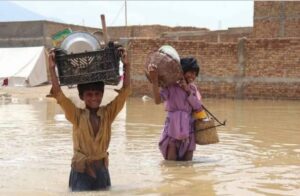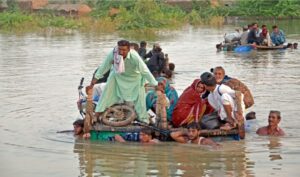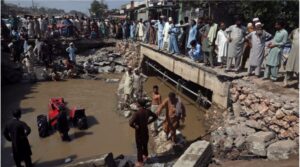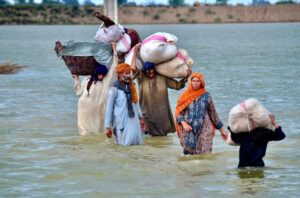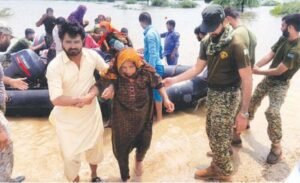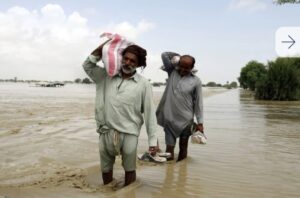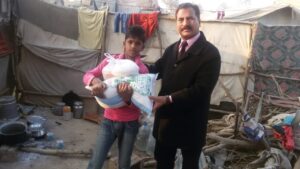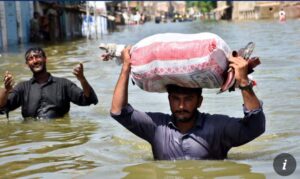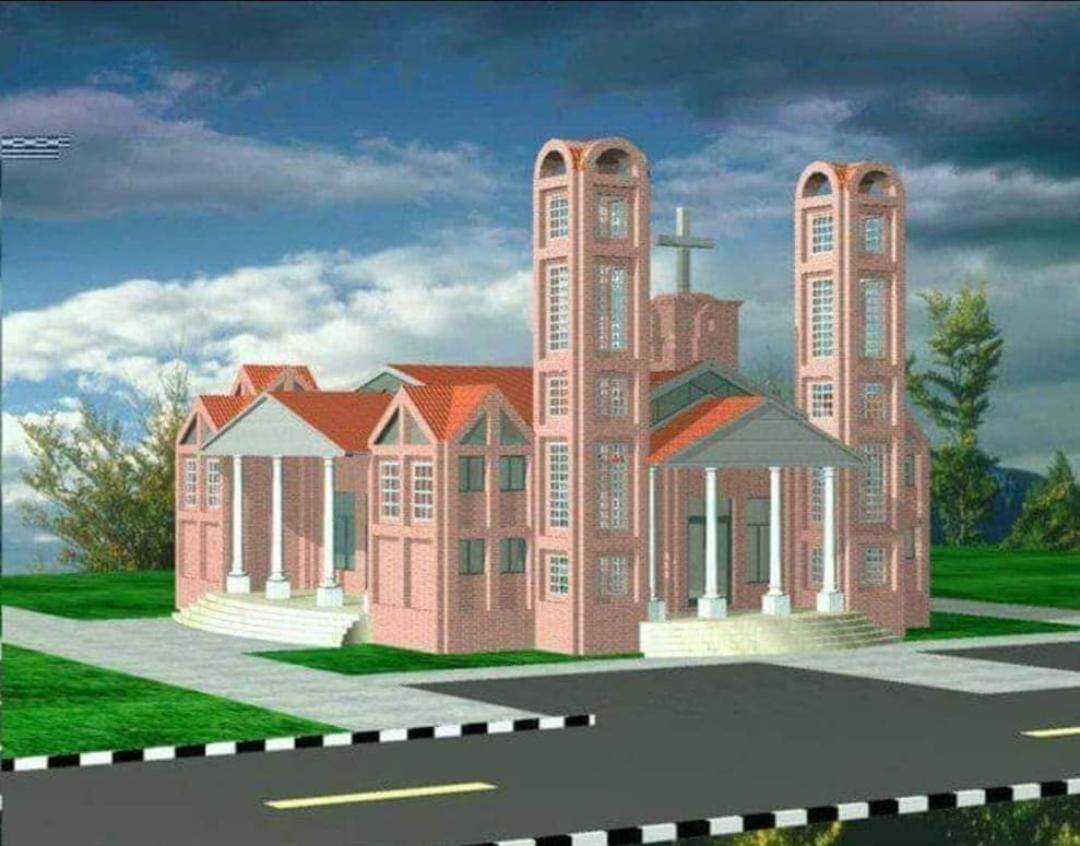

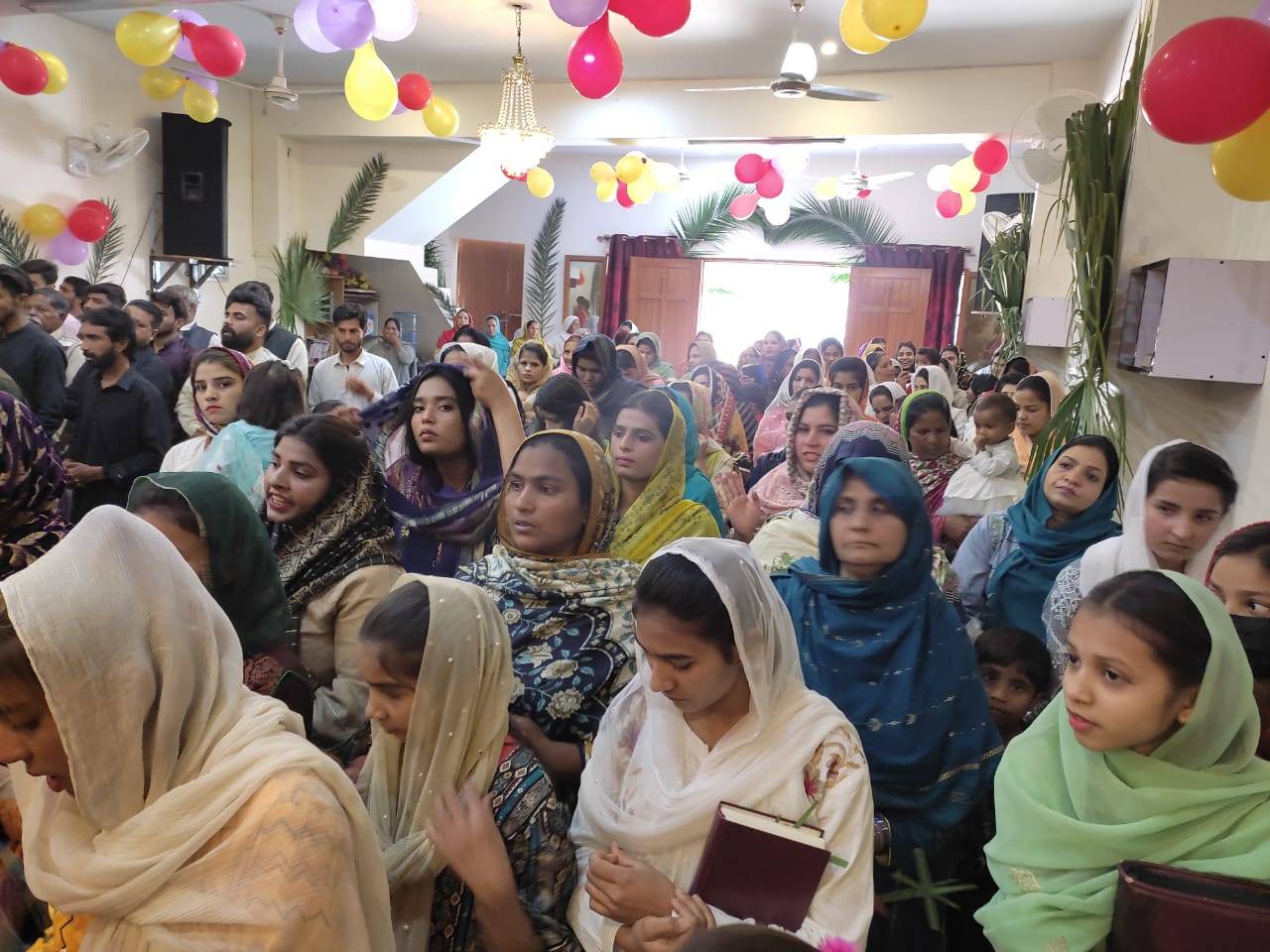



SERVICE TIMING
SUNDAY:
Summer: 9am - 11am : Winter: 10am -12pm
FRIDAY:
Summer: 6pm - 7pm : Winter: 5pm - 6pm
OUR HISTORY
Emmanuel Church Islamabad (EC) is Charitable Organization, Voluntary, Non-Profitable, Non-Political & Non-Government Organization in Pakistan came into being in 1972 with the great effort of late president brother Nazir Masih. Land was allotted by (CDA) Capital Development Authority measuring 2222.22 sq yards in 2002 on Ibn-e-Road Sector, G-8/2 Islamabad.
WHO WE ARE?
Emmanuel Church is an approved charitable organization registered with Punjab Charity Commission, Government of Punjab with Registration No. BP-RWP-0565175159941248. We are streamers “Emmanuel Church”. We are a team of strenuous people, rendering services with heart & soul, a team which is striving to make a difference in the lives of destitute, waifs and stranded,
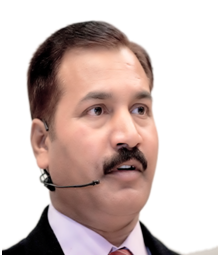
PRESIDENT, S MESSAGE OF GRADUATE
We are feeling whole and fulfilled after helping or giving something to the most vulnerable and oppressed people.I being President of EC, admire your commitments of improving the lives of the most vulnerable children and women in Pakistan. I am thankful to all of you for the trust you placed in me during that difficult time. I was really touched by your act of kindness. It has given me strength and courage to carry on with my goal.
LOVE HUMANITY, SERVE HUMANITY, CARE HUMANITY with Fathers heart, healthy prosperous Society to give awareness prevalence of Christianity in Islamic Republic of Pakistan as well as globally.
CHURCH PLANTING
Emmanuel Church is focusing planting churches in rural & urban areas across Pakistan.
EMMANUEL HUMAINTARIAN PROGRAMME
EDUCATION
There are many reasons for the low literacy rate in Pakistan such as poverty, population expansion, feudal lords and wadera system, low allocation of budget for education, male dominated society and lack of schools in rural areas. In Pakistan 40% people are living below poverty line.
EMPOWERING WOMEN
Emmanuel Church emphasizes on the equal rights of women in this male dominated society.EC feels responsibility to help the most susceptible women of our society. EC is taking care of widows, divorced, elderly women and orphans’ girls helping them in their trying times.
POVERTY ALLEVIATION
Poverty is core of several problems i.e. illiteracy, hunger, joblessness, suicidal acts, theft, robbery, depression, anger, inferiority complexes etc. Emmanuel Church is fighting a trenchant battle against poverty. Presently, with less resources and lack of funding EC is unable to support more people.
HEALTH & NUTRITION
Pakistan’s need for nutrition is urgent, driven by high rates of stunting, wasting, and micronutrient deficiencies in children and women, which negatively impact health, cognitive development, and economic productivity.
REHABILITATION /SHELTER
Recent flash floods have caused great damage to human lives and homes. Dilapidated walls, fallen roofs, broken glasses and furniture can be seen everywhere. These floods have left people homeless.
MEDICAL CARE
Emanuel Church holds regular free eye checkup for poverty-stricken 100,s of children in different Schools. EC provides eye drops, and spectacles to eye patients and take extra care of visually impaired. EC wants people to see this beautiful world with their own eyes.
WATER & SANITATION
The overall situation of water and sanitation in Pakistan is very miserable. There is considerable evidence that 768 million people in the world don’t have access to safe water. 2.5 billion People don’t have access to adequate sanitation, almost two-fifths of the world’s population.
The overall situation of water and sanitation in Pakistan is very miserable. There is considerable evidence that 768 million people in the world don’t have access to safe water. 2.5 billion People don’t have access to adequate sanitation, almost two-fifths of the world’s population.
15.9 Million People in Pakistan don’t have access to safe water. Over 93 million people don’t have access to adequate sanitation in Pakistan, over half of the population. Over 40,000 children die every year from diarrhea caused by unsafe water and poor sanitation in Pakistan.
People don’t have clean drinking water, they don’t have hygiene facilities particular in slums as well as rural areas of Pakistan because they are living in ultra-poor conditions.
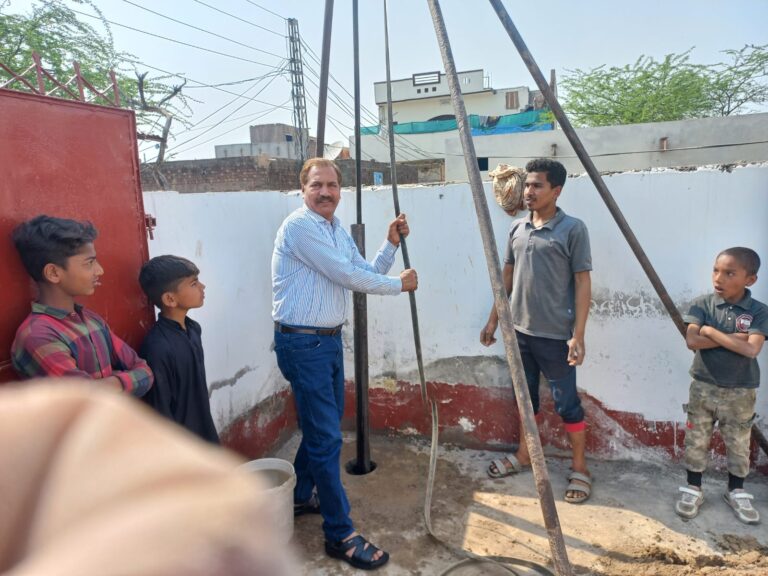
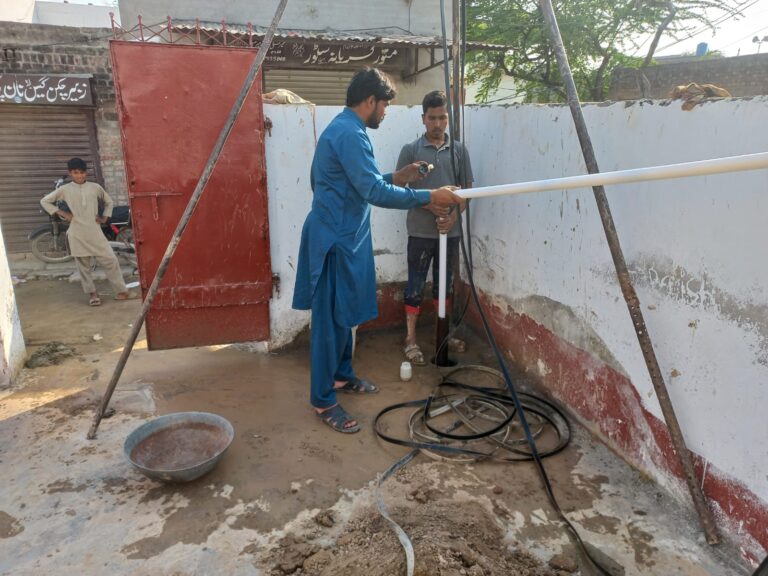
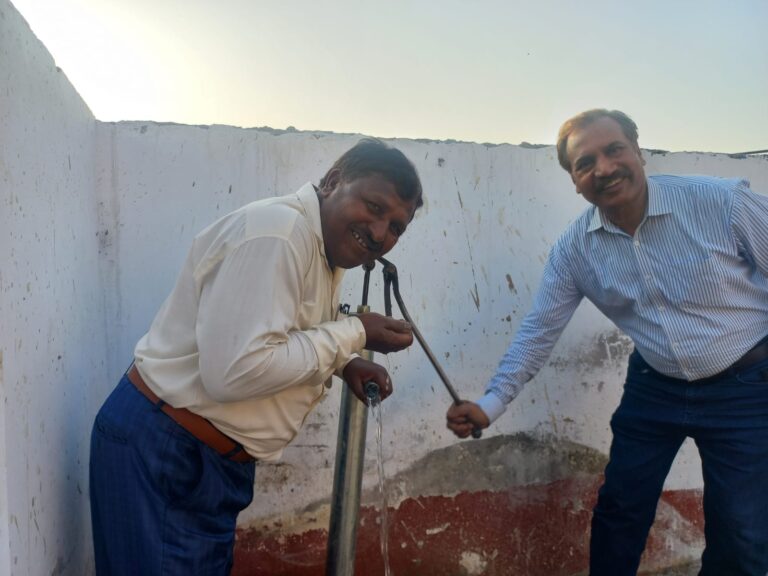
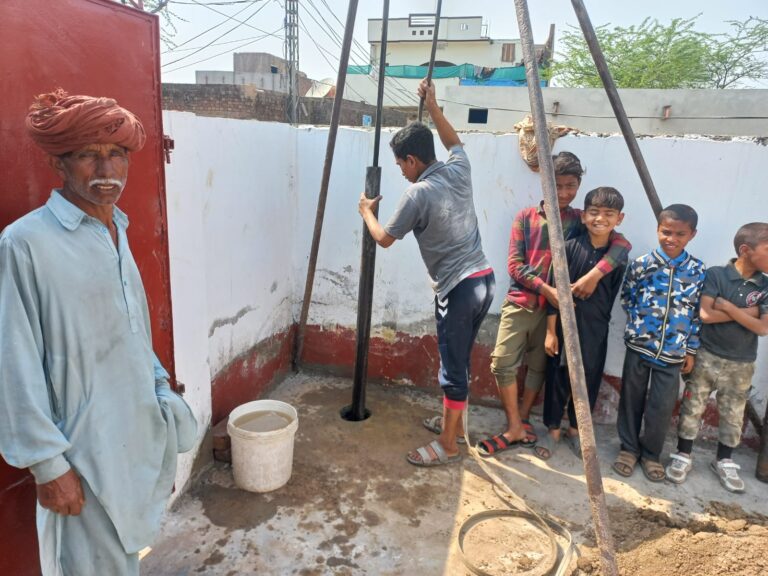
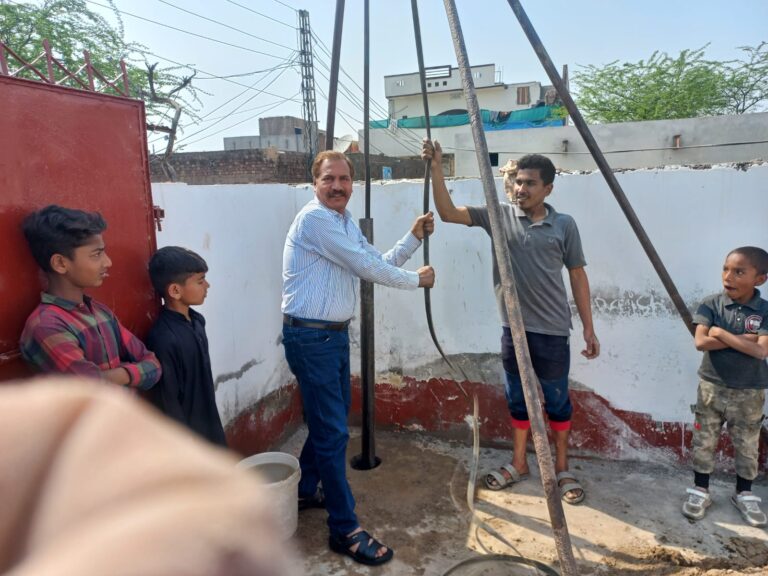
BOARD OF DIRECTORS Emmanuel Church
Latif Masih
(Senior Pastor)
President
Emmanuel Church

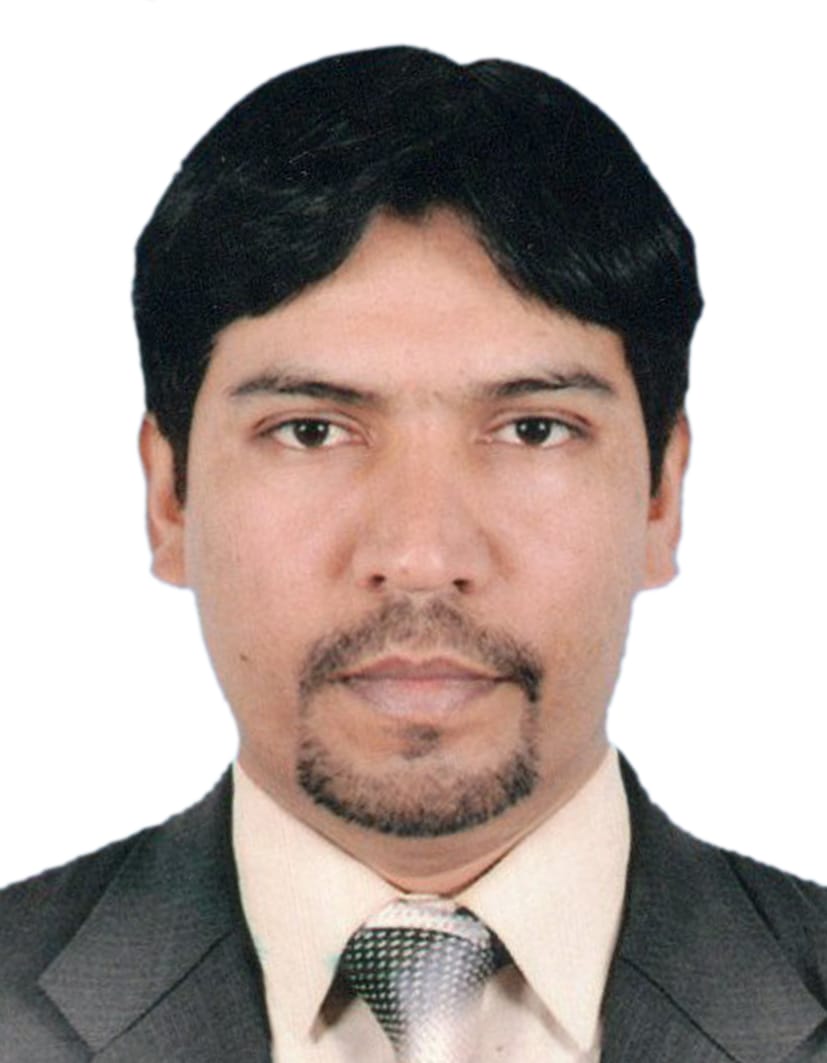
Javed Khurshid
Vice President.
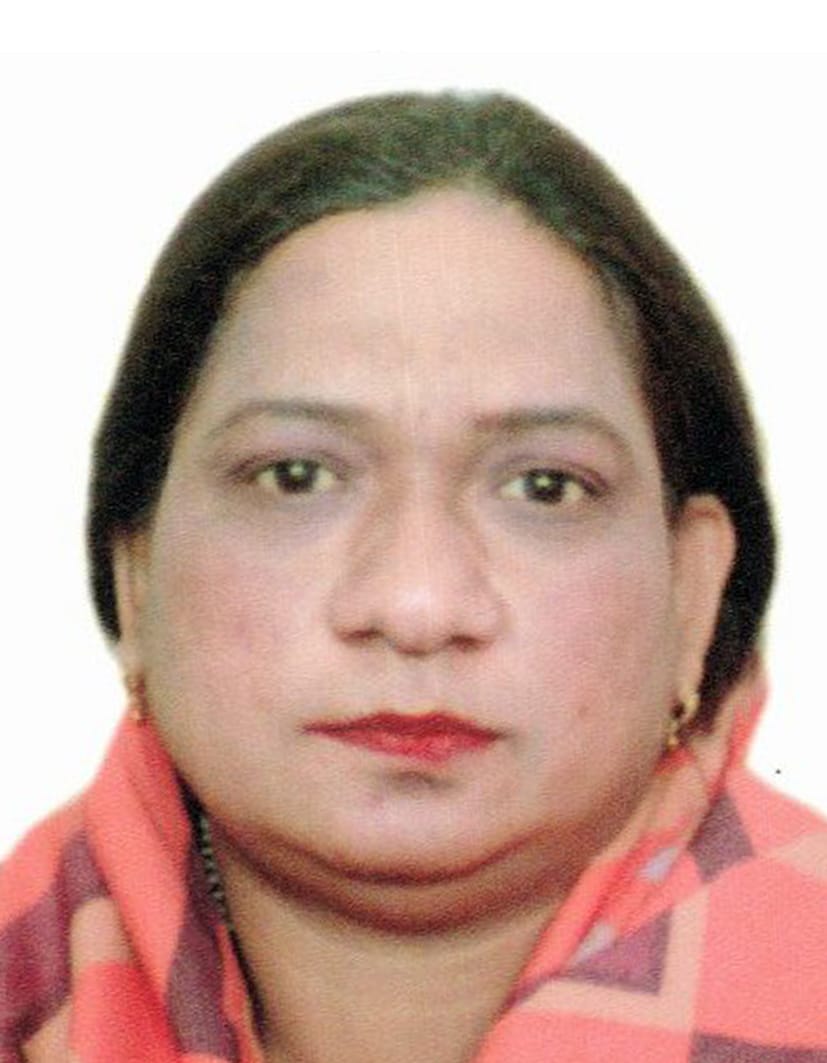
Khalida Latif
Secretary General
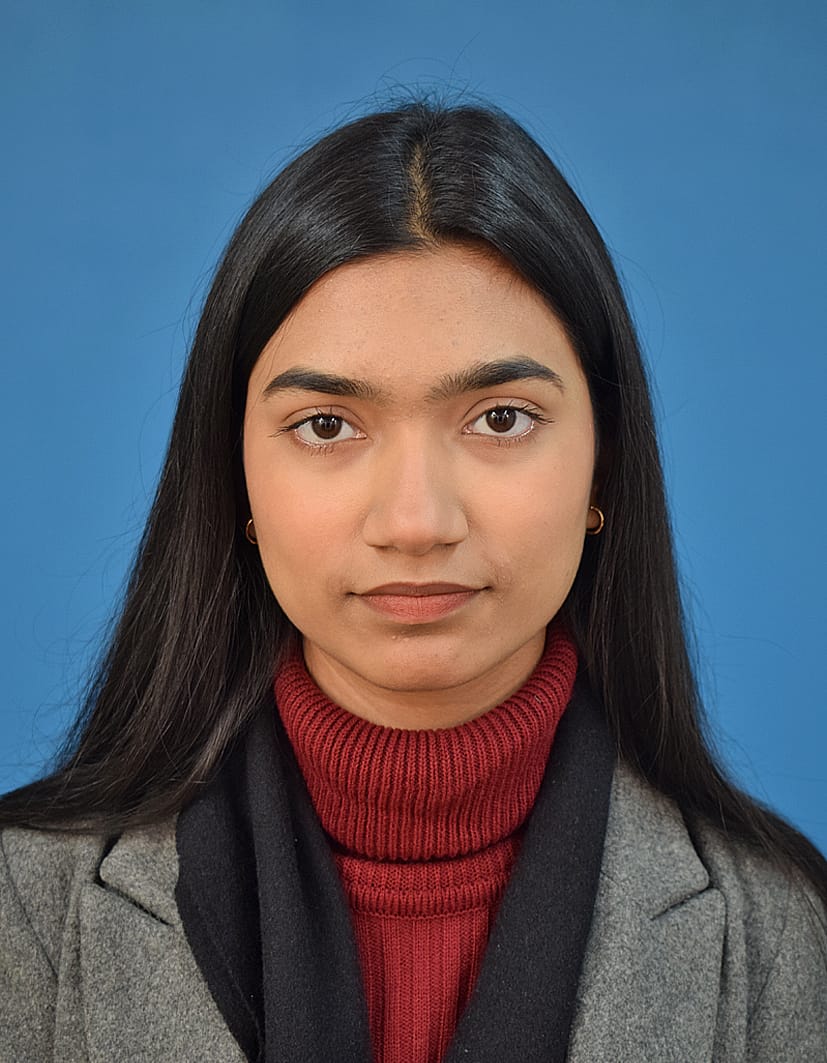
Hazel Mariam
Mission Director
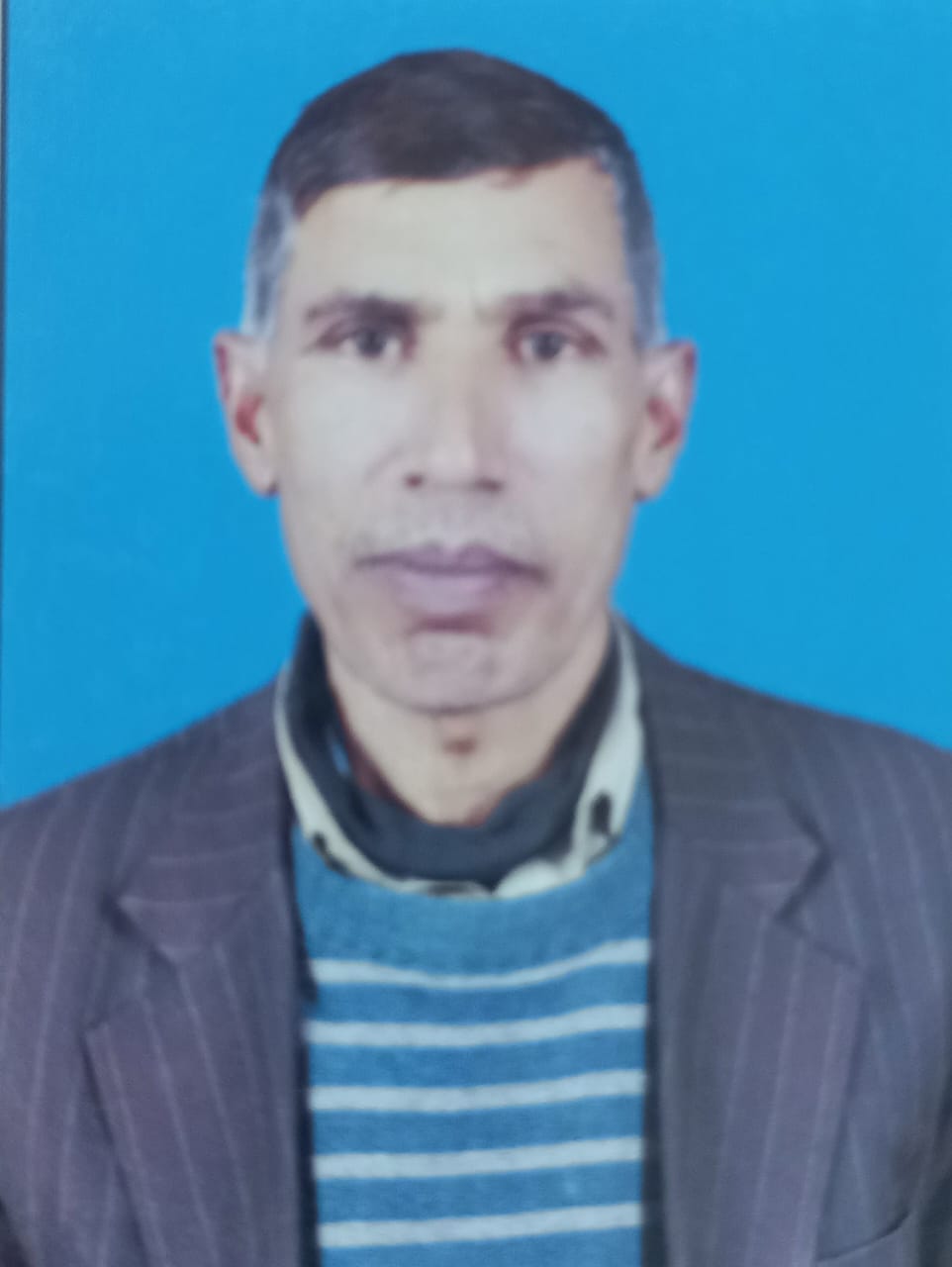
Yaqoob Masih
Treasure
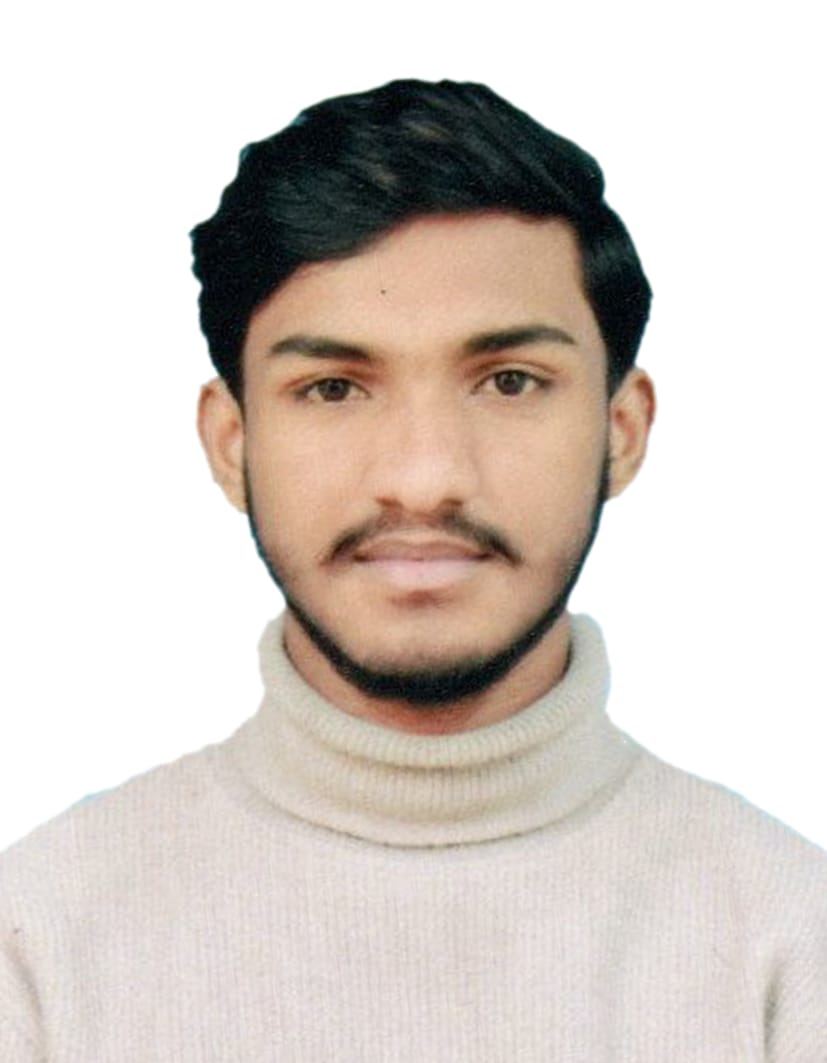
Solomon Latif Athwal
Youth Coordinator
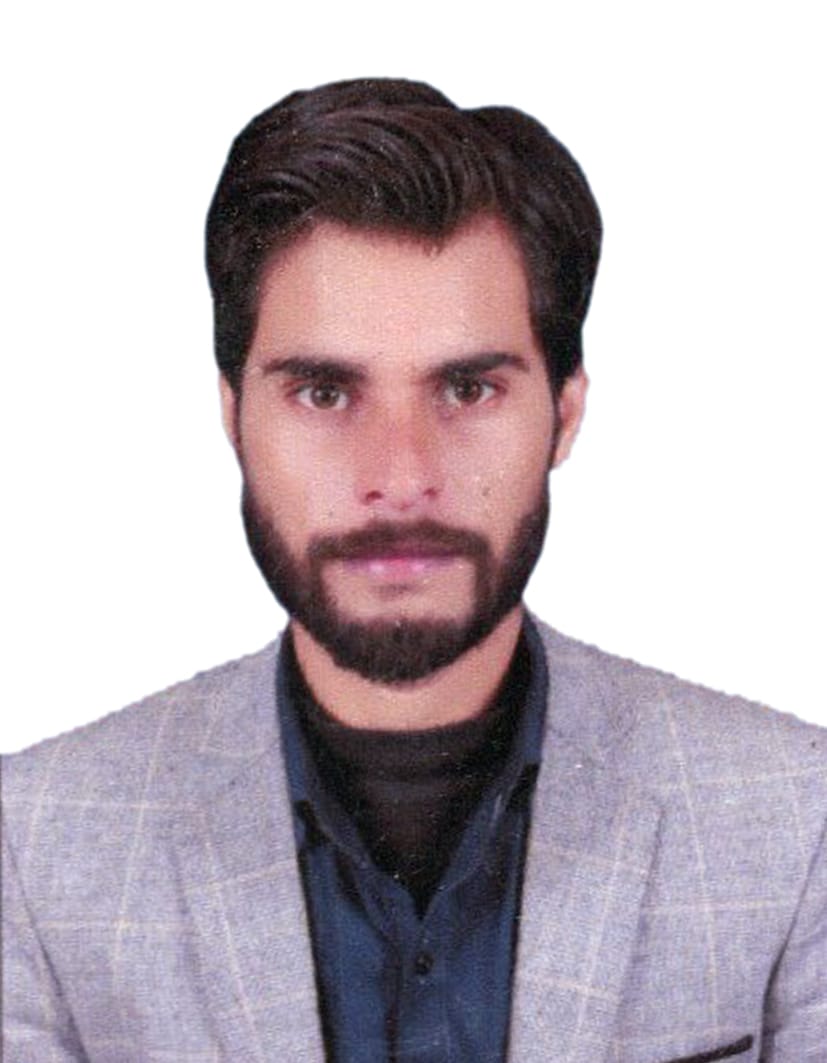
Adnan Iqbal
Executive Member

